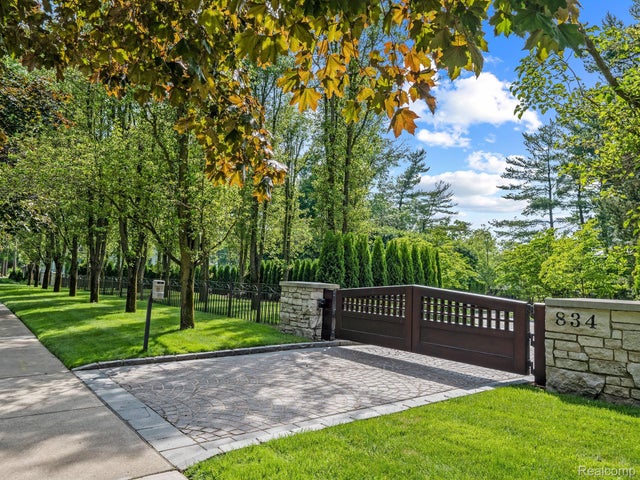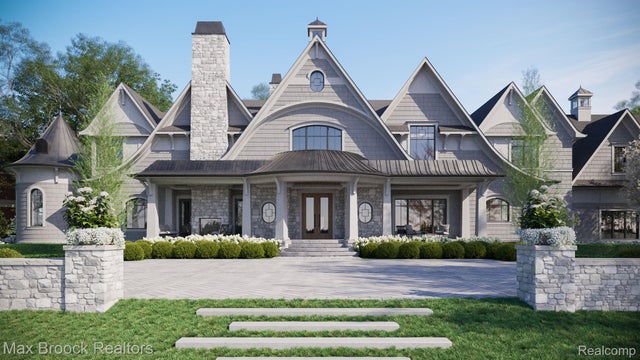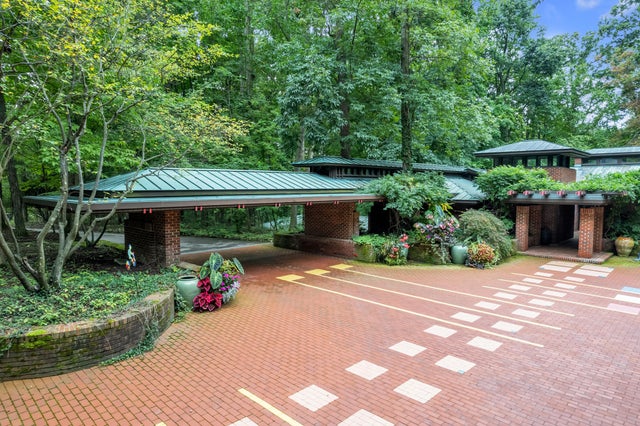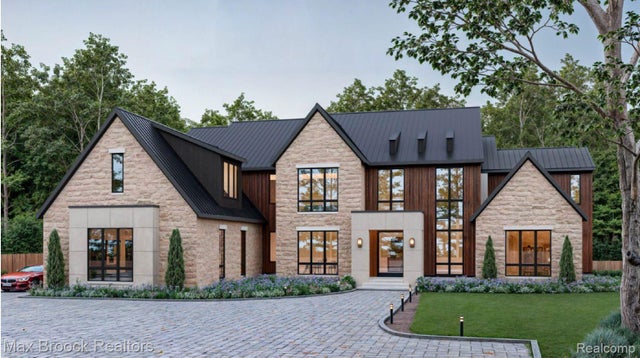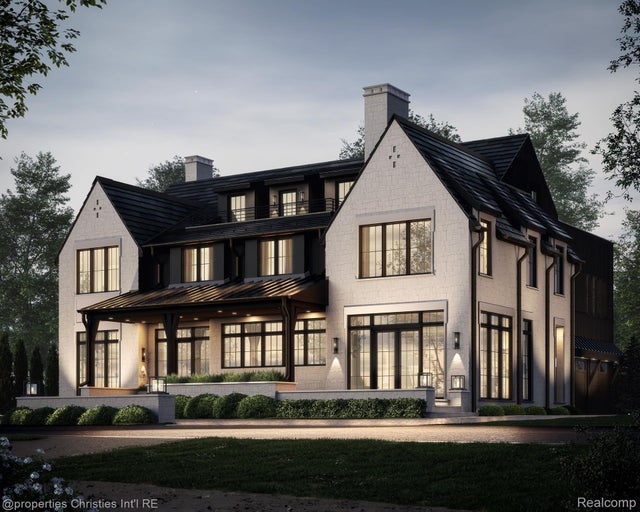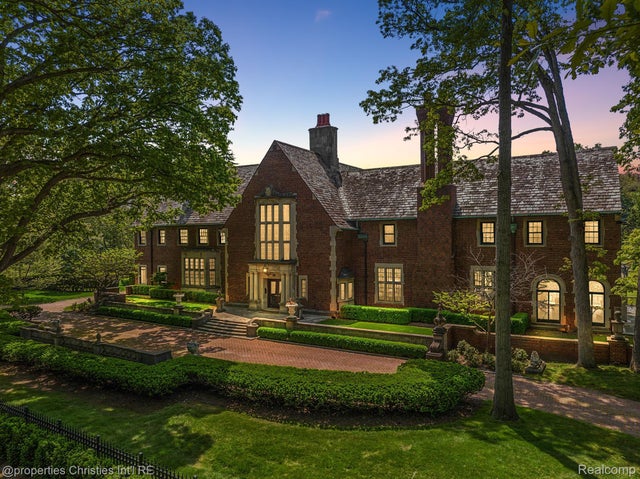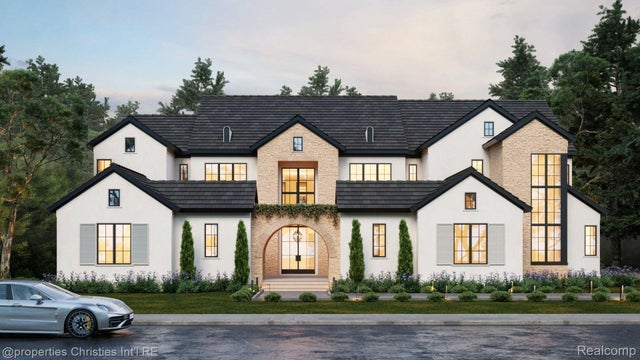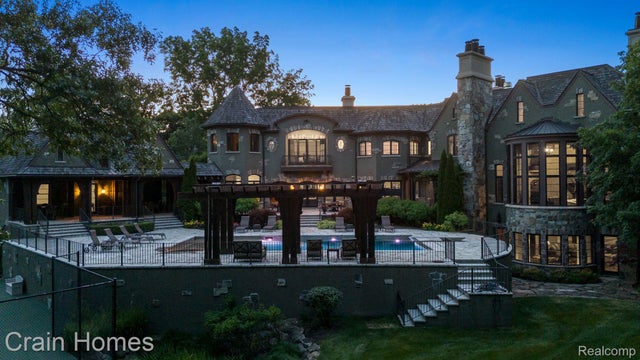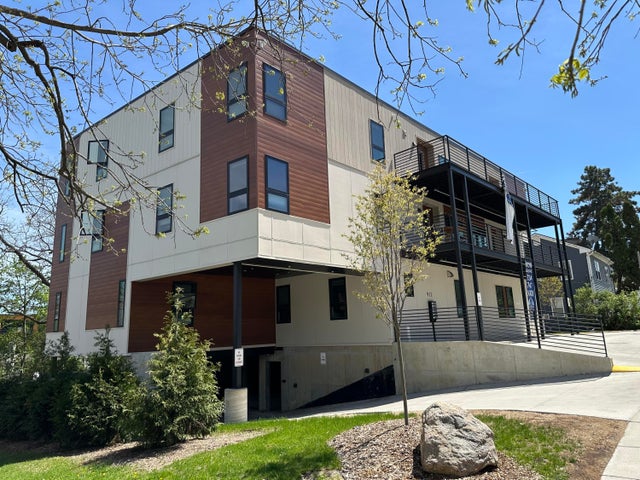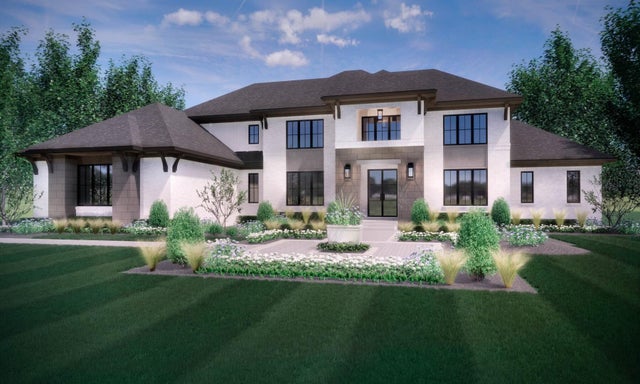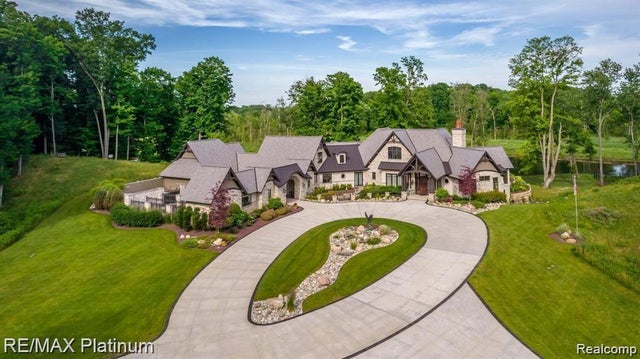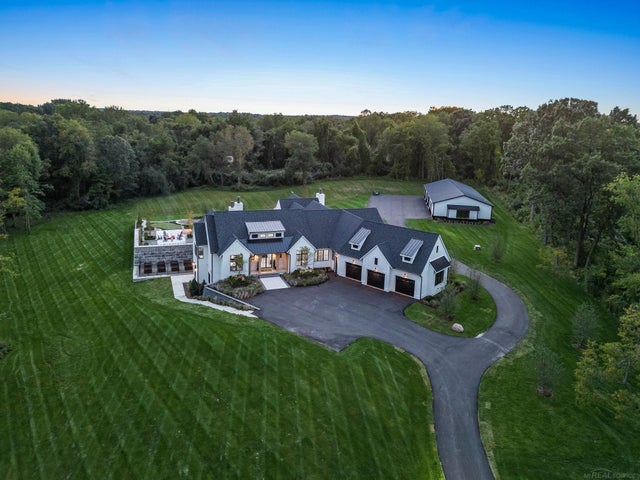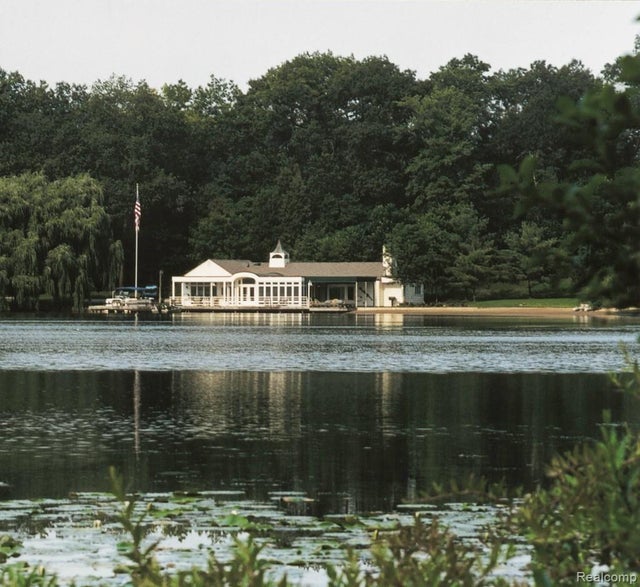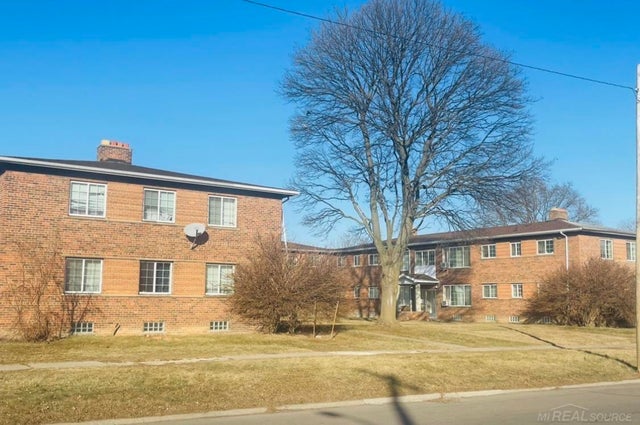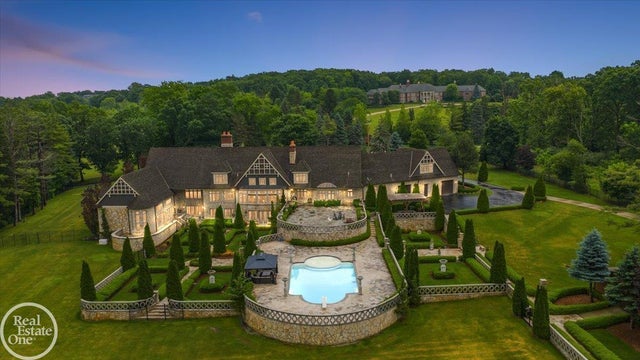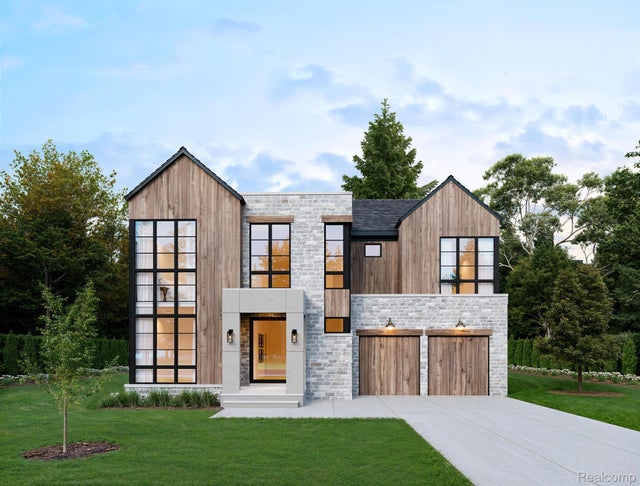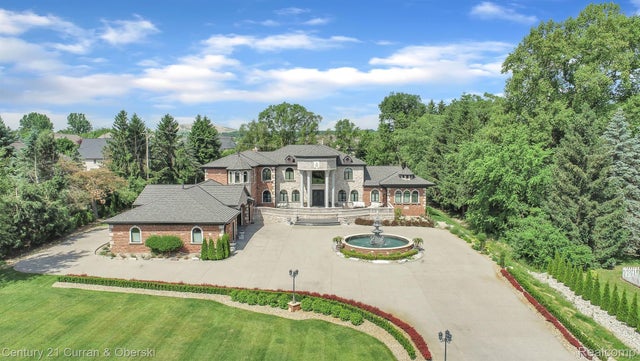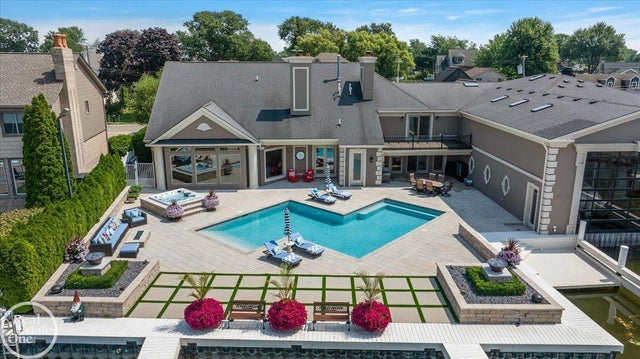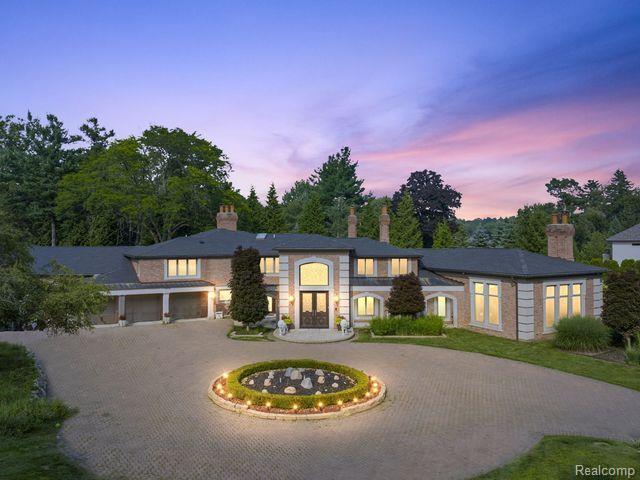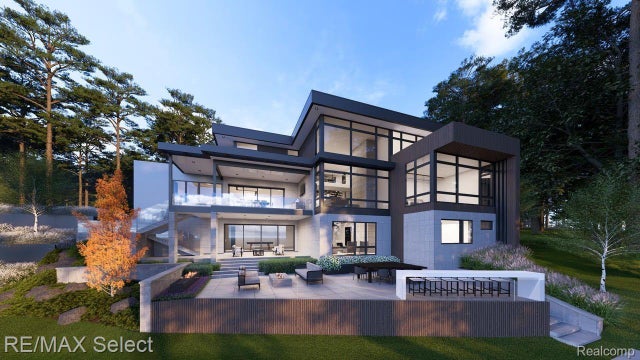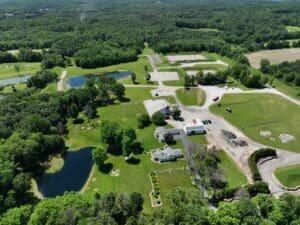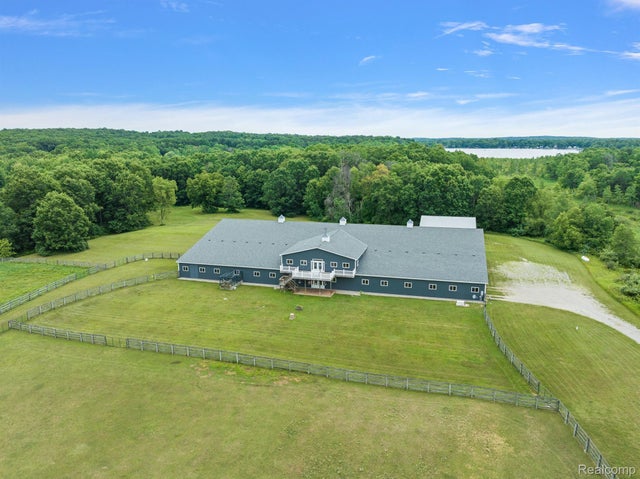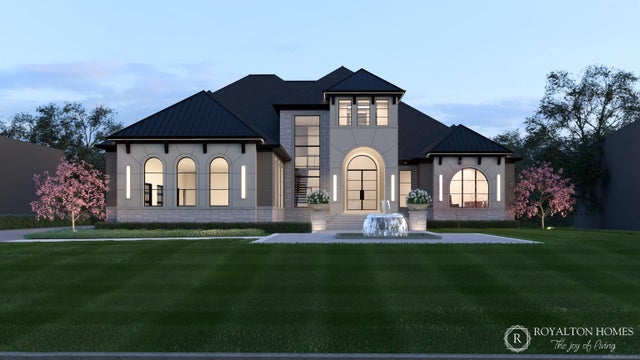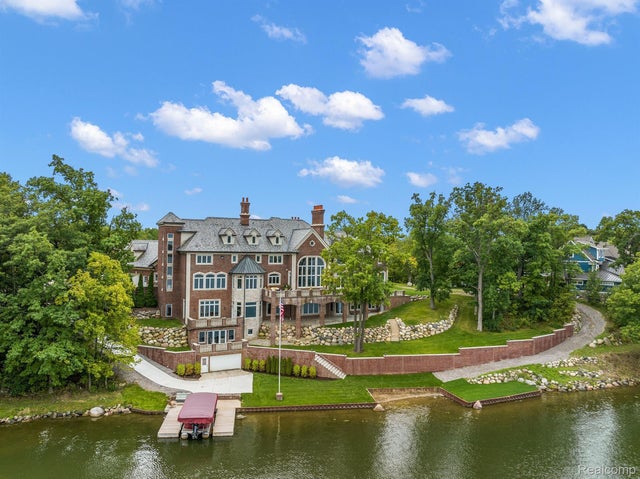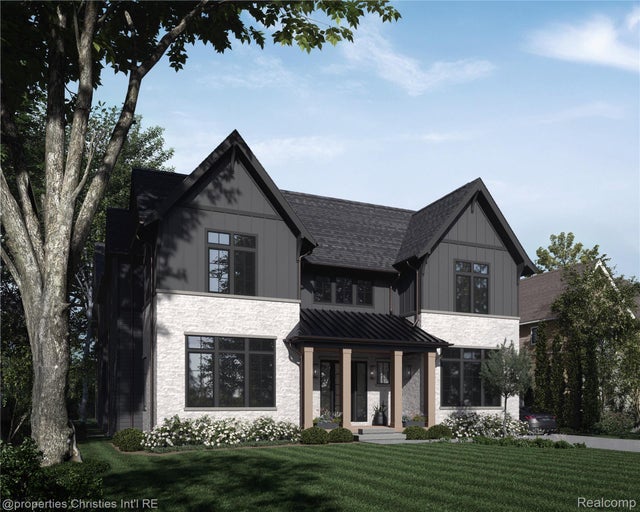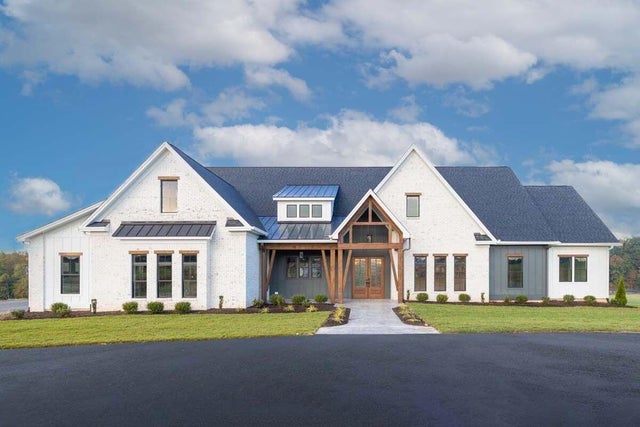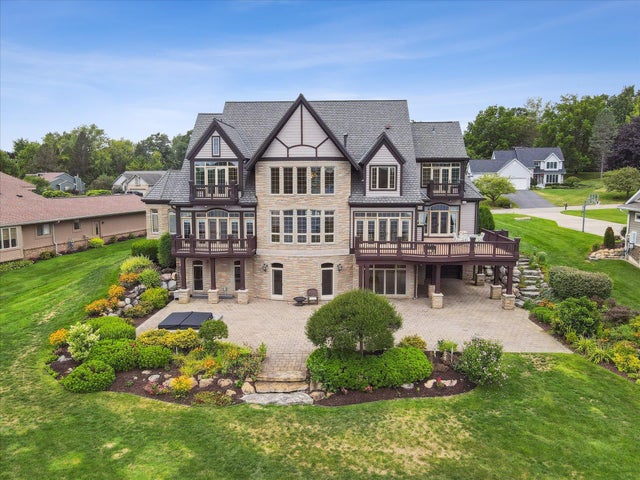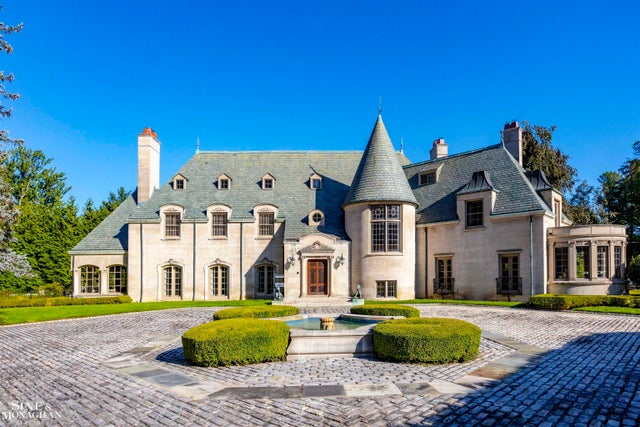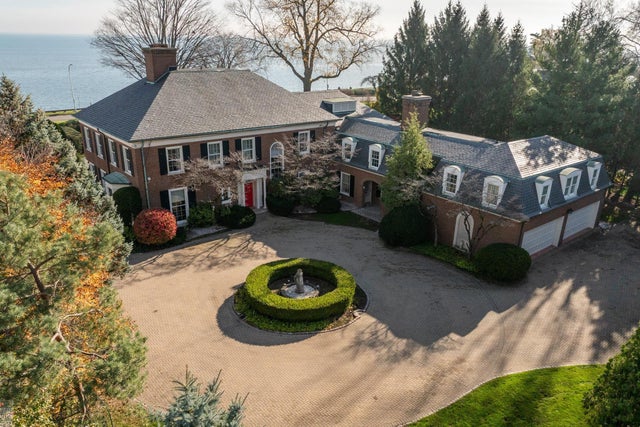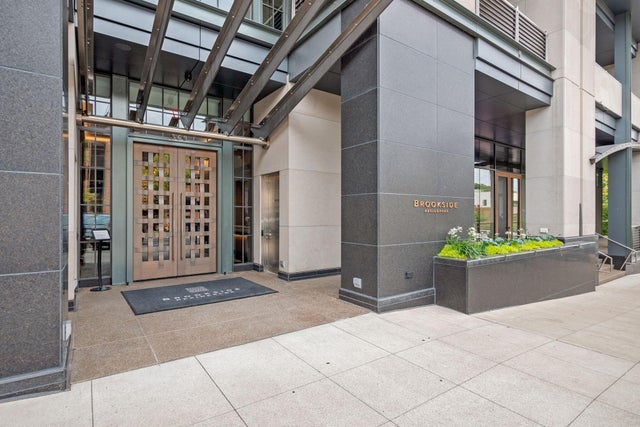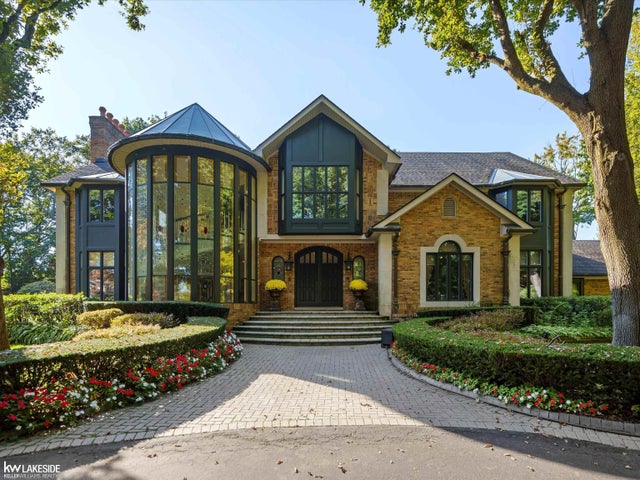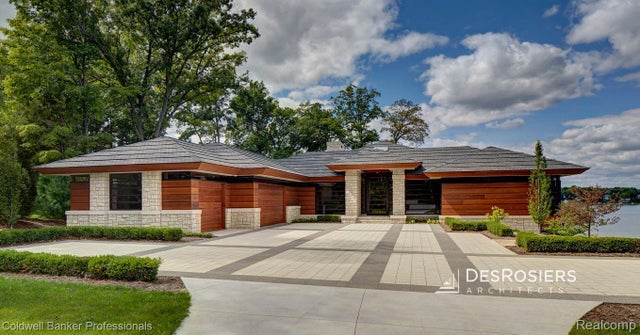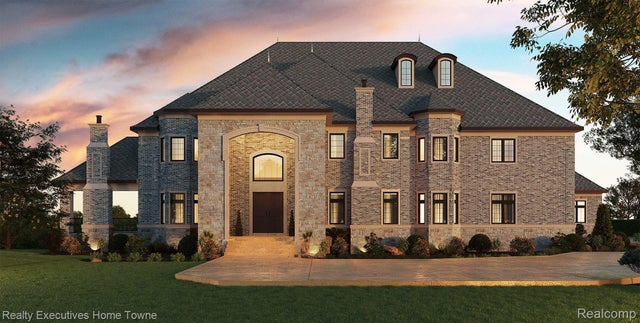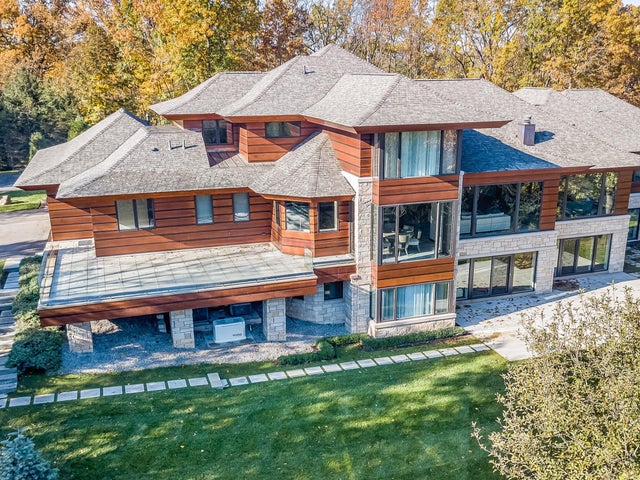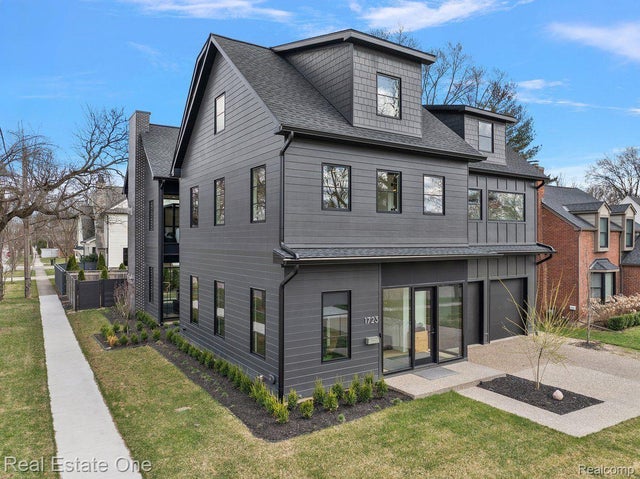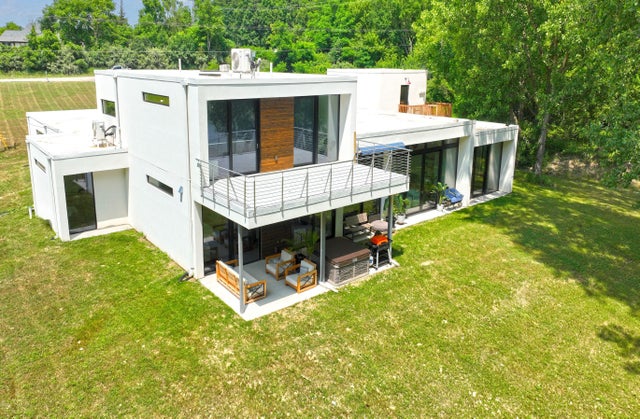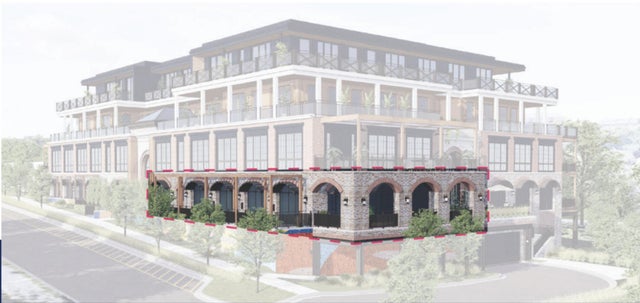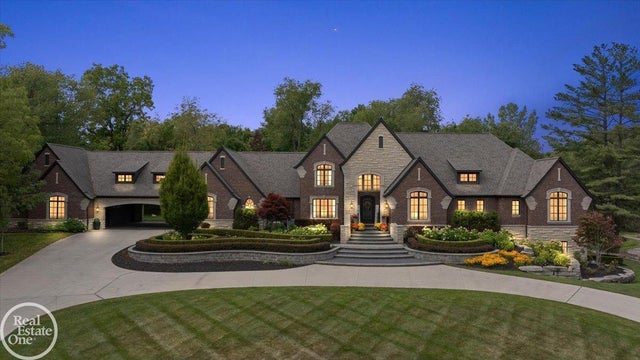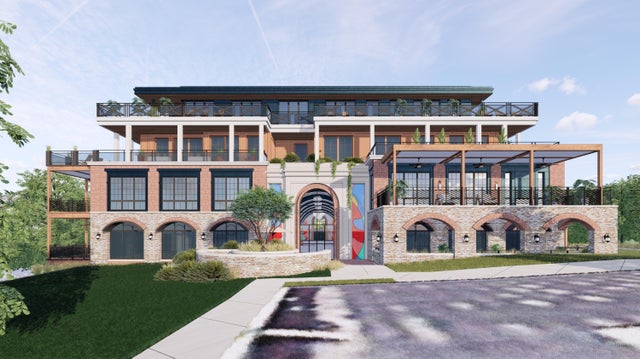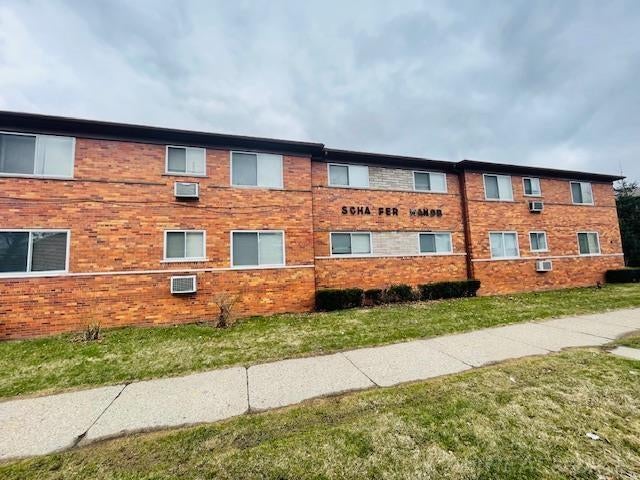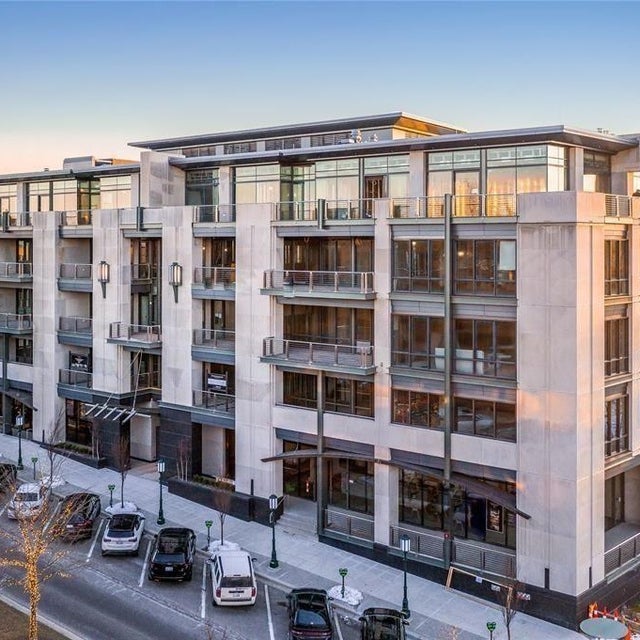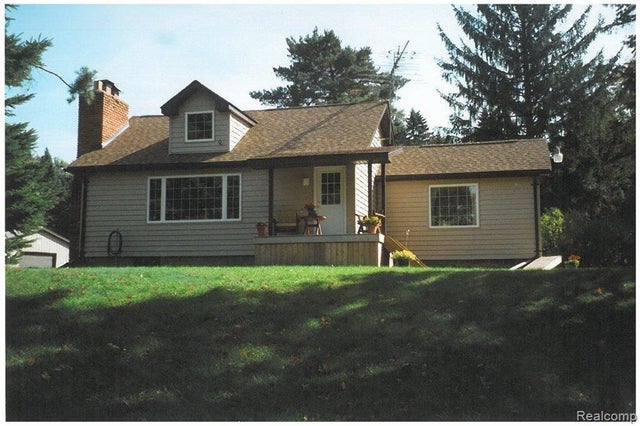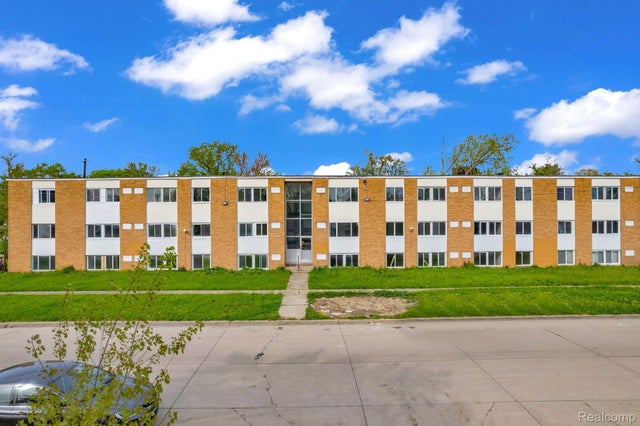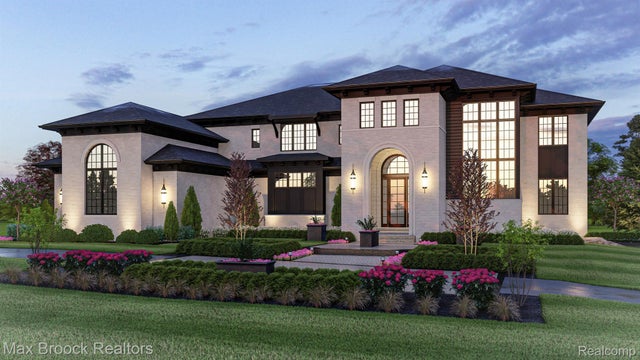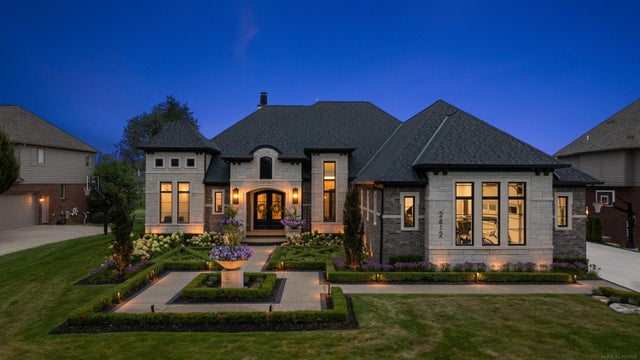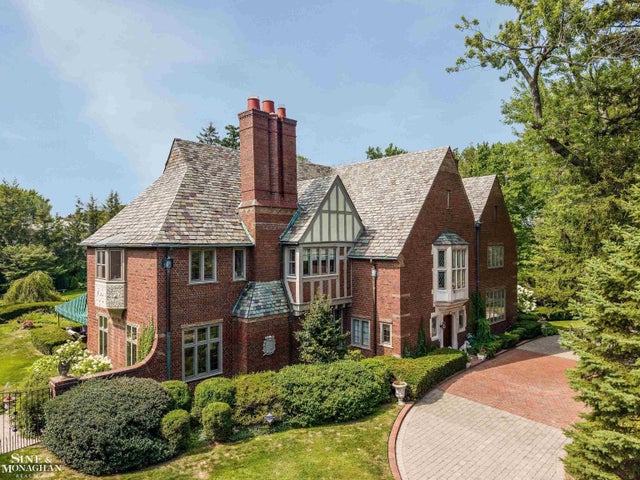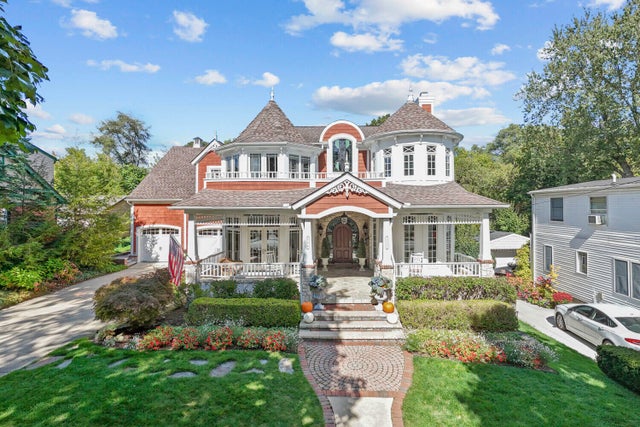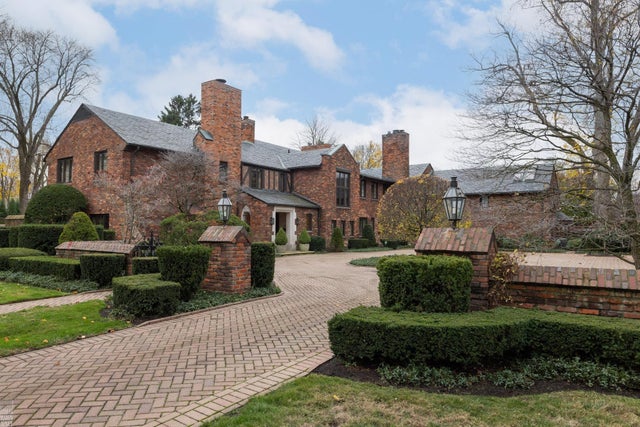Corktown, Detroit’s oldest neighborhood, is experiencing a surge of major development projects through 2027. A new 15,000-seat soccer stadium, multiple housing developments (including affordable units), and a $70 million overhaul of Michigan Avenue are all underway. Driven by Ford’s restoration of Michigan Central Station and community investment, these projects aim to revitalize Corktown while preserving its historic character. Below is a project-by-project look at what’s being built and how it’s reshaping this vibrant Detroit district.
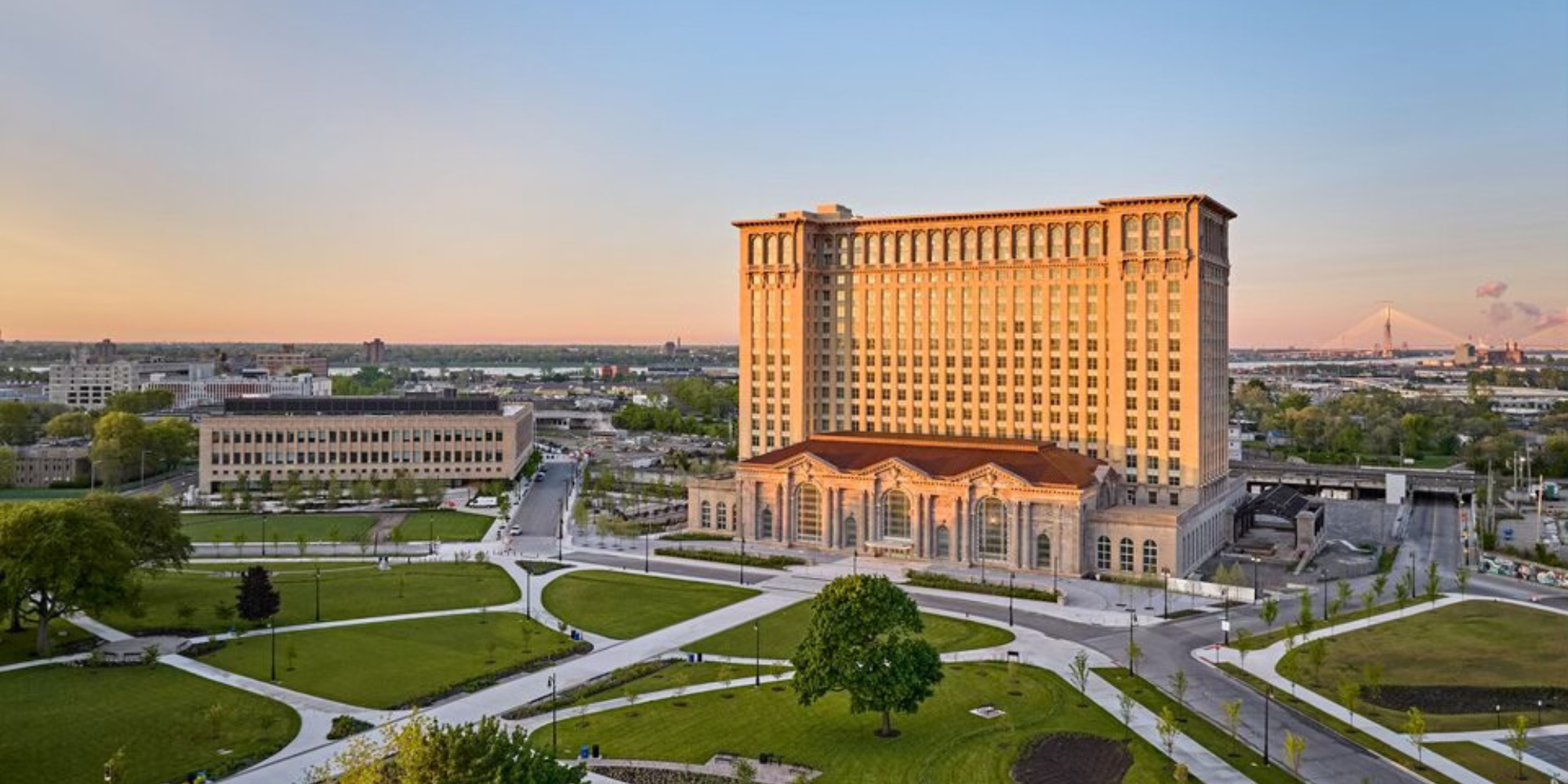 Michigan Central, Facebook
Michigan Central, Facebook
Corktown’s Revival Centered on Michigan Central Station
Corktown’s transformation kicked into high gear when Ford Motor Company undertook a $1 billion restoration of Michigan Central Station, the iconic 1913 train depot that had sat abandoned for decades. The station officially reopened in June 2024 as the centerpiece of a 30-acre innovation campus dedicated to future mobility technology. Hundreds of Ford employees and tech entrepreneurs now work inside the once-vacant depot, alongside labs, offices, and public spaces for events and retail. This massive investment has not only saved a Detroit landmark but also created a magnet for further development in Corktown.
One tangible sign of Michigan Central’s new life is the influx of amenities and community programs. For example, the station is welcoming local businesses like Yellow Light Coffee & Donuts, its first on-site café, as part of a plan to turn the depot into a neighborhood hub. The Boys & Girls Clubs of Southeastern Michigan also opened a teen innovation center inside the station, reinforcing Ford’s commitment to community benefits alongside private enterprise. With nearly 250 startups and companies now operating in the Michigan Central innovation district, Corktown has rapidly evolved into a tech and culture hotspot that blends historic architecture with cutting-edge industry.
Looking ahead, Michigan Central Station’s revival is poised to spark even more growth. In late 2025, state and city leaders announced plans for a new multimodal transit hub on land southwest of the station. A $40 million initial investment (including a federal RAISE grant and state funds) will fund engineering for a facility integrating passenger rail and intercity bus service adjacent to the station. The goal is to restore train service to Corktown, re-establishing the neighborhood as Detroit’s gateway, with a modern transit center linking to Amtrak, regional rail to Ann Arbor, and improved bus operations. While still in early planning, this transit hub illustrates the long-term vision of Corktown as a connected transportation node. Governor Gretchen Whitmer framed it this way: “This lays the foundation for a new transit hub that will grow our regional economy, make downtown Detroit more vibrant, and connect residents and visitors”. In short, the energy around Michigan Central has cemented Corktown’s status as one of America’s “most up-and-coming” urban neighborhoods, drawing national attention and accelerating local investment.
See why national outlets call Corktown one of America’s most up-and-coming neighborhoods
Detroit City FC’s New 15,000-Seat Stadium in Corktown
One of the most anticipated projects is Detroit City Football Club’s new stadium, which will be the first pro soccer-specific arena in Detroit. After years of playing in Hamtramck, DCFC is building a 15,000-seat stadium in Corktown, with plans to open for the 2027 season. The stadium, recently named AlumniFi Field through a naming rights deal, will rise at the corner of Michigan Avenue and 20th Street, on the long-vacant site of the former Southwest Detroit Hospital. Construction is expected to begin by late 2025 after site demolition and city approvals, with an aggressive timeline to be ready in about two years.
Rendering of Detroit City FC’s planned AlumniFi Field stadium in Corktown, set to open in 2027.
This project is a game-changer for Corktown’s west end. The stadium complex isn’t just about soccer, plans call for a mixed-use development including a 421-space parking deck and a 76-unit apartment building on the site alongside the stadium. Detroit City FC’s leaders emphasize it will be a “civic endeavor to give back to the city we love”, not only a sports venue. The club worked closely with residents on a Community Benefits Agreement (CBA), committing $2 million toward local improvements like home repairs, art programs, youth sports, and a small business incubator in exchange for support. They also agreed to address concerns about traffic and parking by including 2,500 parking spaces (with a new parking structure on Michigan Ave) and incentives for using transit or bikes. No direct public funding is being used for construction – instead, the team is utilizing tax incentives and private financing to cover the nearly $200 million cost. This contrasts with Detroit’s other pro sports stadiums, which relied heavily on public dollars in the past.
When complete, AlumniFi Field will be more than double the capacity of DCFC’s current home and is designed with the community in mind. The stadium will be open-air with most seating covered by a canopy, and is expected to host around 44 events per year including soccer matches and concerts. Excitement is running high: for local families and sports fans, having a home-grown soccer club in the city’s core, literally in the neighborhood where DCFC was conceived over beers at a Michigan Avenue bar, is a point of pride. As CEO Sean Mann (a Corktown resident) noted, “to do it in our own backyard…that’s something very unique in American pro sports”. The economic impact is projected at $25 million annually for the area, with nearby businesses already imagining game-day crowds filling local pubs and restaurants. If all goes as planned, by spring 2027 Corktown will be welcoming thousands of fans on weekends, further enlivening the sidewalks of Michigan Avenue.
Get the full breakdown on AlumniFi Field, including renderings and timeline
New Housing Developments: From Affordable Units to Upscale Lofts
A construction boom in Corktown isn’t complete without places for people to live. Several residential projects are underway or planned to ensure that as the neighborhood grows, it remains a place where a mix of residents – from lifelong Detroiters to newcomers – can call home. These range from large affordable housing initiatives to boutique market-rate apartments, collectively adding hundreds of new units to the area’s housing stock.
Affordable Housing Initiatives in Greater Corktown
City leaders have made it a priority that Corktown’s resurgence benefits residents of all income levels. In 2021, Detroit won a $30 million HUD Choice Neighborhoods grant aimed at transforming housing in the Greater Corktown area (which includes North Corktown across I-75). Fast forward to 2024, and the first major project under this program broke ground: Preserve on Ash, a multi-phase mixed-income apartment development in North Corktown. Phase I of Preserve on Ash will bring 69 new units, 48 of them affordable for low-income households (30–60% of area median income) in a series of townhomes and small apartment buildings. Two additional phases will add roughly 100 more units in the coming years. The first residents are expected to move into Preserve on Ash by 2025, marking a significant infusion of affordable housing in a neighborhood that has seen rising rents.
Perhaps the most impactful change will be the planned redevelopment of Clement Kern Gardens, an aging 87-unit public housing complex built in 1985 near Bagley Street. Under the Choice Neighborhoods plan, Clement Kern’s outdated townhouses will be razed and completely rebuilt starting in 2025. The site will be re-integrated into the street grid (removing the berms and dead-end streets that once isolated it) and reborn as a mixed-income community. During construction, current low-income residents have guaranteed options to stay in the area, for example, many will relocate to new affordable units in the “Left Field” development by the old Tigers Stadium site, or at Preserve on Ash, with the right to move into the new Clement Kern apartments once they’re finished. This careful “build first, then rebuild” approach ensures no displacement: residents keep subsidized rents based on income and get first priority to return.
In total, the Corktown Choice Neighborhoods initiative will create or preserve nearly 600 affordable homes across Corktown and North Corktown. Already, substantial funding is flowing: in late 2025, the Michigan State Housing Development Authority approved $19.6 million for a new 88-unit development called Trumbull Apartments, which will replace part of Clement Kern Gardens (72 of the 88 units will be reserved as affordable housing). Another $22 million in state funds went to Preserve on Ash Phase III (60 units) to keep that momentum going. These projects, led by nonprofit developer The Community Builders and local partners, are critical for maintaining Corktown’s longtime residents in the neighborhood. As Mayor Mike Duggan put it, “as Detroit comes back, we are building the city in a way that includes Detroiters of all income levels who stayed, rather than pushing them out”. In a concrete sense, that means a retired Corktown resident or a working-class family will have brand-new, affordable options even as shiny new developments rise around them.
Here’s our NoMad Detroit update at Michigan Central, plus what the dining scene will look like

New Market-Rate Apartments and Condos
On the private development side, Corktown is also seeing new market-rate residential projects that will add density to Michigan Avenue. One headline-grabbing proposal is a 9-story apartment building at 1728 Michigan Ave, announced in late 2025. This project is backed by Corktown Development Properties LLC, a firm led by Detroit trucking industry magnate Andra Rush and her sons. It’s planned for a surface parking lot on the north side of Michigan Avenue between Cochrane and Harrison, essentially filling in a long-empty gap in the streetscape. At nine stories and 60 units, the building would become one of the tallest structures in Corktown outside of Michigan Central Station. Plans show about 2,500 sq. ft. of ground-floor retail space for a shop or café, with apartments above. The unit mix hasn’t been finalized, but notably 20% of the apartments (around 12 units) are expected to be offered at “workforce” rents (approximately 80% of the area median income), providing moderately affordable options for middle-income renters.
Developers aim to break ground on the 1728 Michigan project by early 2026 and finish by mid-2027, aligning with the broader Corktown construction boom. The modern mid-rise design will further animate the Michigan Avenue corridor with new residents. As a local urban planner observed, each infill project like this helps bridge the “dead spaces” along Michigan Ave, creating a more continuous, lively pedestrian experience instead of isolated pockets of activity. Longtime Corktown businesses are welcoming the prospect of more neighbors living nearby. More residents support the existing bars, restaurants, and shops, and also justify adding new conveniences like grocery markets or services that the community has been wanting.
These aren’t the only residential additions, either. In recent years, Corktown has opened The Godfrey Hotel (a 227-room boutique hotel with a rooftop lounge) on Michigan Ave, and smaller condo projects have converted historic buildings into lofts. The influx of residents and visitors has, in turn, attracted niche businesses, an example is Sip N’ Read Book Bar, a cozy bookstore + wine bar that opened in 2025 on Trumbull, blending Corktown’s literary past with its trendy present. Each new venue adds to the fabric of this evolving neighborhood. Whether it’s a luxury condo or an affordable townhouse, the construction cranes dotting Corktown’s skyline all signal one thing: a neighborhood growing in population for the first time in decades, finally reversing years of decline.
Michigan Avenue Makeover: Streetscape & Infrastructure Upgrades
All these new developments share one literal common ground, Michigan Avenue (US-12), the main artery running through Corktown. To support the neighborhood’s resurgence, a transformative overhaul of Michigan Ave is scheduled, turning this car-centric roadway into a safer, more attractive “Main Street” for Corktown. The $70 million Detroit Mobility and Innovation Corridor project (led by MDOT and the City of Detroit) will completely rebuild a 2-mile stretch of Michigan Avenue from Campus Martius downtown to I-96 at Corktown’s western edge. Construction is expected to start in 2026 and continue through 2027, coinciding with the timeline of the stadium and housing projects.
For residents and visitors, the changes will be dramatic. The plan calls for reducing Michigan Ave to two traffic lanes in each direction (maintaining capacity but discouraging speeding) and adding a median or turn lanes where appropriate. Pedestrian crossings will be shorter and more frequent, making it easier to walk to that new café or catch a soccer match without dashing across four lanes of traffic. The redesign includes protected bike lanes and much wider sidewalks, creating space for sidewalk cafés and street trees. In a nod to Detroit’s future, engineers are even embedding wireless charging coils under portions of the road to recharge electric vehicles as they drive, Michigan Avenue could become one of the nation’s first corridors with this tech built in.
One sensitive topic was the fate of Corktown’s famous red brick road. Portions of Michigan Avenue through Corktown still had their historic brick pavers, a charming but bumpy reminder of the street’s 19th-century origins. Initial plans to replace all the brick with smooth asphalt drew an outcry from locals protective of Corktown’s heritage. After a “Save the Bricks” campaign and community meetings, MDOT adjusted the plan: while the main roadway will be modernized, many of the old bricks will be salvaged and re-incorporated into the new design. Some bricks will be used to accent sidewalks, crosswalks or “bookend” sections of the road, preserving the classic Corktown vibe and that satisfying rumble under your tires in select areas. New bricks may also be laid in certain stretches to maintain the aesthetic. “You’ll get that same feel,” says Corktown Business Association president Bob Roberts, “they’re doing everything they can to ensure the bricks aren’t a thing of the past”.
Conceptual illustration from community meetings, showing Michigan Avenue’s planned redesign with bike lanes, wider sidewalks, and fewer lanes for cars. Historic brick pavers will be preserved in parts of the streetscape to maintain Corktown’s character.
Local businesses have largely come around to support the Michigan Avenue makeover, especially after MDOT addressed 7 out of 8 concerns raised by the business association (such as adding back some street parking and ensuring the road isn’t fully closed during construction). There will undoubtedly be short-term pain – two years of construction will disrupt traffic and could test the resiliency of shops and restaurants. But the long-term benefits are clear. As Deputy Public Works Director Sam Krassenstein noted, Michigan Ave today is “pretty beat up…not exactly inviting”. When finished, it will be all-new infrastructure, smooth pavement, modern utilities, better lighting, and a more pedestrian-friendly, neighborhood feel. The project even ties into Corktown’s development timeline strategically: “The timing is perfect for us to reinvest in the corridor now,” Krassenstein said, “to make it easier for people to patronize all these new businesses and get in and out of downtown”. In other words, the road revamp is both a response to Corktown’s growth and a catalyst for more, a safer, prettier Michigan Avenue should spur property owners to rehab buildings and attract new storefronts to fill in the gaps. By 2027, Corktown will not only have new buildings, but the whole look and feel of the main street will be transformed.
Building on Corktown’s Momentum
Taken together, these projects paint a picture of a Corktown that is rapidly evolving yet striving to retain its authenticity. Why does this development flurry matter to Metro Detroiters? For one, it’s a sign of Detroit’s broader resurgence reaching into the neighborhoods. Corktown’s turnaround, from near abandonment to a thriving community, demonstrates how careful planning and big investments can revitalize an area while honoring its past. The neighborhood’s storied Irish roots, Victorian rowhouses, and old Tiger Stadium lore aren’t being erased; they’re being woven into a new chapter that includes tech workers at Michigan Central, soccer fans at local pubs, and families in new affordable townhomes.
The projects also offer something for almost everyone. Sports enthusiasts will get a new destination at AlumniFi Field. Renters and homebuyers will have more choices, whether a sleek modern apartment or a subsidized unit that keeps them near their community ties. Long-neglected infrastructure is being rebuilt for the 21st century, making Corktown safer and more accessible (imagine strolling down a smooth sidewalk from an art gallery to dinner, instead of navigating cracked pavement and speeding traffic). Even the regional economy benefits: these developments are creating hundreds of construction jobs now, and will generate permanent jobs in shops, restaurants, and facility operations in the coming years.
Community voices remain front and center as Corktown changes. Residents have pushed for benefits and won commitments, from DCFC’s community fund to guarantees on affordable housing. There’s a palpable sense of neighborhood pride guiding these changes. As a lifelong Detroiter might tell you, Corktown has always been a special place with its own tight-knit feel. Now, that character is drawing newcomers and national interest, but the hope is that everyone, long-timers and new arrivals, young professionals and retirees, renters and owners, can together enjoy a flourishing Corktown.
For those watching from elsewhere in Metro Detroit, Corktown’s renaissance might even inspire a weekend visit. Take a drive down Michigan Avenue (mind the construction cones!), grab a bite at a classic spot like Mudgie’s or Bobcat Bonnie’s, and see the cranes and scaffolding for yourself. It’s not just downtown anymore, Detroit’s neighborhoods are rising, and Corktown is leading the way.
If you’re excited about Corktown’s growth and considering making a move, you’re not alone. Many families and young professionals are looking to be part of Detroit’s resurgence. Feel free to search Corktown home listings to explore what’s on the market, or reach out for guidance on Detroit real estate. We’re here to help long-time Metro Detroiters and new transplants alike navigate the city’s changing landscape. Corktown’s next chapter is just beginning, and it’s an exciting time to be a part of it.
.png)
Frequently Asked Questions
Where is Corktown in Detroit?
Corktown is a historic neighborhood just west of Downtown Detroit. Centered along Michigan Avenue near the old train station (Michigan Central), it’s roughly bounded by I-75 (Fisher Freeway) to the north and the Lodge/I-96 interchange to the west. It’s Detroit’s oldest neighborhood, known for its Irish heritage, Victorian rowhouses, and proximity to former Tiger Stadium at Michigan & Trumbull.
What new developments are happening in Corktown Detroit?
Corktown is seeing several major developments between 2025 and 2027. These include the renovation of Michigan Central Station into a Ford tech campus, a new 15,000-seat Detroit City FC soccer stadium (AlumniFi Field) opening in 2027, new housing projects (both affordable and market-rate, like the Preserve on Ash townhomes and a proposed 9-story apartment building), and a $70 million streetscape overhaul of Michigan Avenue. Together, these projects are revitalizing the neighborhood with new jobs, residents, and attractions.
When will Detroit City FC’s Corktown stadium open?
The new Detroit City FC stadium in Corktown is expected to open in 2027. Construction is slated to begin by late 2025 after demolition of the old hospital on the site, with a roughly 18- to 24-month build schedule. The club aims to kick off the 2027 season in the new 15,000-seat AlumniFi Field.
What is being done at Michigan Central Station in Corktown?
Michigan Central Station has been fully restored by Ford and transformed into a mobility innovation campus. After reopening in 2024, it now houses Ford offices, tech startup space, and public amenities like retail and event areas. The station anchors a 30-acre district focused on future transportation and tech. There are also plans for a new transit hub nearby to connect passenger rail and buses to the station. Essentially, the once-abandoned depot is now a centerpiece of Corktown’s revival, bustling with activity.
Is new housing being built in Corktown?
Yes, a lot of new housing is coming to Corktown. On the affordable side, the city is rebuilding the 87-unit Clement Kern Gardens public housing as mixed-income housing (work starts 2025) and constructing nearly 600 affordable units in Greater Corktown with a federal grant, for example, the 69-unit Preserve on Ash project is underway. On the market-rate side, developers have proposed new apartments and condos, like a 60-unit, 9-story apartment building on Michigan Avenue slated for 2026–27. There are also some rehabilitations of historic buildings into lofts. So Corktown will see a significant increase in housing options at different price points.
How is Michigan Avenue changing in Corktown?
Michigan Avenue is getting a complete makeover through Corktown. The road will be reconstructed in 2026–2027 with two lanes each way (to calm traffic), wider sidewalks, protected bike lanes, and improved crosswalks. The iconic red brick sections of the road will be preserved in a decorative way, even as the driving surface is smoothed out. In addition, new smart features like wireless EV charging coils are being embedded under the asphalt. These changes aim to make Michigan Ave more pedestrian-friendly and better suited for the bustling Corktown neighborhood, while still maintaining its historic charm.
Why is Corktown considered an up-and-coming neighborhood?
Corktown has gained a reputation as “up-and-coming” due to its blend of historic character and new growth. After decades of decline, the neighborhood is now buzzing with investment: the Michigan Central Station reopening, new restaurants and bars, creative startups, and major projects like the soccer stadium. National travel publications highlighted Corktown in 2024 as one of the country’s most promising urban neighborhoods, noting its cool mix of old and new (e.g. trendy coffee shops set in historic buildings). Essentially, Corktown’s revival, while still in progress, exemplifies Detroit’s wider comeback, making it an attractive spot for both locals and newcomers.
How will these projects affect Corktown residents?
Overall, the projects are expected to bring positive amenities and opportunities, but there will be some growing pains. In the long run, residents will benefit from things like improved parks and streets, more local shops and services, and potentially increased property values. The city has taken steps to ensure current residents aren’t displaced – for example, providing affordable housing options so people can stay in the community. During construction, there will be inconveniences (road detours, noise, etc.), and some worry about parking or traffic when the stadium opens. However, community benefits agreements and planning have addressed many concerns (like adding parking decks and traffic management plans). Longtime Corktowners are proud to see their neighborhood thriving and have been active in guiding development so that it respects Corktown’s heritage and community spirit.
DON'T KEEP US A SECRET - SHARE WITH A FRIEND OR ON SOCIAL MEDIA!
THINKING OF MOVING TO Metro Detroit, OR LOOKING TO RELOCATE IN THE AREA? VIEW A LIST OF CURRENT HOMES FOR SALE BELOW.
Metro Detroit Homes for Sale
The Perna Team and Michael Perna are the best real estate agents in Metro Detroit and Ann Arbor. The Perna Team and Michael Perna have been hired as a real estate agent by hundreds of home owners to sell their homes in Metro Detroit and Ann Arbor.
The Perna Team were steady, responsive, and genuinely supportive from beginning to end. If you're buying or selling a home anywhere in Metro Detroit, Noah is the kind of agent who shows up with professionalism, care, and your best interest at heart.



